08.03.2022/XNUMX/XNUMX / Tips & things worth knowing
Wildlife protection in volunteering and traveling
Whether at the Volunteering, on safari or in the sanctuary: getting close to wild animals is an unforgettable experience for both volunteers and tourists. But what about the animals? Is this closeness to people really good for them? Since we great importance to animal welfare and preserving biodiversity, we want to show you why animal welfare is important in tourism and give you a few tips on how you can best enjoy your encounter with wild animals without harming them.
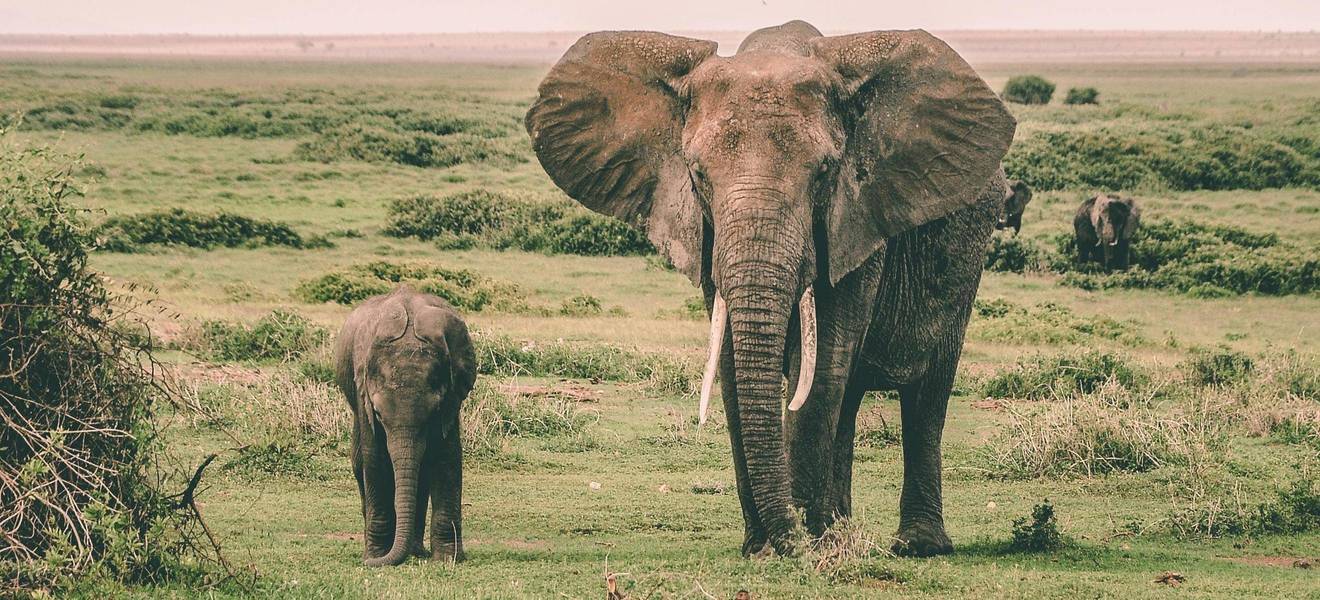
Why is animal welfare important in tourism?
Unforgettable Wildlife Experiences: Who doesn't have that at the top of their bucket list? For example, explore the impressive landscape of Thailand on the back of an elephant or visit and feed baby elephants in so-called elephant orphanages...
For one, this close encounter with the pachyderms is one unique experience. But with any wildlife experience, you should research how the animal is doing—in the following examples, the elephants:
Be aware that wild elephants hardly allow close contact with humans - and would certainly not carry them on their backs. In Thailand there is a word for the "taming process": "Phaajan", which means something like "to break the love between two". The English term "the crush" suggests that this is not a loving ritual, but the violent breaking of the will of the elephants until they give up for fear of further pain and hunger.
We don't want to go into the exact details of this process here (you can find out more at ProWildlife). However, you should know that only one in three wild-caught baby elephants usually survives this procedure. And you must be aware that every elephant destined to work with humans must go through this cruel ritual. What you also might not know is that alone in Thailand more elephants in captivity than in the wild Life.
The exploitation and cruelty to animals Elephants in tourism is just one example of how animals are suffering due to tourism. We notice again and again that many travelers take advantage of such an offer with a clear conscience. Most people are not aware that just booking such an attraction supports the exploitation of the animals, according to the principle: increasing demand = increasing supply! No wonder, then, that from 2010 to 2016 alone, the number of elephants in tourist facilities in Thailand increased by 30 percent.
The bad thing about the whole thing is that travelers are often led to believe that the entrance fees are used to support and promote animal welfare - and in this way something is done against animal cruelty. That doesn't correspond to the facts!
Therefore, the Protection of animals in tourism has become increasingly important for us at RGV in recent years. Unfortunately, the ignorance of the travelers does not protect the animals. Quite the contrary: it promotes this process.
However, it is also important for us to point out that not all projects and travel offers that Wildlife have to do are bad. There are many positive bodies and thus examples of how to set one up unique experience with animal welfare can combine.
How can you still have the ultimate wildlife experience?
DO: It is best if you can observe the animals in their natural habitat and from a distance. Therefore, we definitely recommend a safari for an unforgettable wildlife experience. Whether in Asia or Africa, a safari can be the highlight of every trip: Suddenly there is a rustling and then cracking in the bushes - on a safari you simply never know which animal will cross your path next: Is it just a mouse, a monkey or suddenly there is an elephant before you? So pack your binoculars and keep your camera handy – who knows what animal you might spot in front of your lens. These moments of surprise are the best part of the whole safari!
You will not be able to crown your safari experience with a close-up elephant selfie, but if you spot a wild elephant or maybe even a whole herd with a bit more luck, then your breathing will falter. What a privilege to experience these animals in the wild, just unique! We believe that such observations are much nicer and more memorable than riding on an elephant.
DO NOT: It is best to avoid elephant orphanages, lion walks or similar animal experiences where you get up close and personal with the wild animals. Unfortunately, the providers lack transparency and you never know where these animals come from (e.g. baby animals are cruelly snatched from their mothers and "bred" for tourism) or what happens to the little lions, when they get too big to cuddle (e.g. become a trophy for hunting tourism?).
Volunteering in the field of wildlife: How to recognize a good project
Unfortunately, there are various wildlife projects, which the Focus exclusively on the fees of the volunteers. Wild animals are often “procured” illegally, the animals are kept under unacceptable conditions and the well-being of the animals is neglected: all for profit! Sad but true. It is therefore very important that you proceed carefully when choosing a project.
What does RGV pay attention to when working with animal projects
We want to set a good example and demonstrate transparency so you can see which ones Values a project must bring for us. You can also use this list as an aid for project and organization choice.
On what RGV pays attention in the cooperation of the projects:
- The well-being of the animals must come first.
- Animal husbandry must be as appropriate to the species as possible.
- The sustainable protection of biodiversity is a top priority in the project.
- Animals that are wild, stay wild (no contact with the animals such as stroking).
- Elephants are not put in chains.
- Animals are not sold or bred.
- Volunteers have a supporting function if they are not trained zookeepers or veterinarians.
- The projects work transparently (informing them where their animals come from and what will happen to them).
- If possible, the local population should be involved; Knowledge about animal welfare and behavior towards wildlife is passed on to the local population.
Our tips for your wildlife experience
- Be especially wary of projects involving volunteers without appropriate training Duties of animal caretakers or veterinarians. There you replace the staff rather. In addition, compliance with the right animal care and animal welfare can hardly be guaranteed.
- Project choice: Before you decide on a project, get more information, Read the description as well as reports of other volunteers and take a look at some photos or videos about the project! From this information you can draw some conclusions.
- Choice of organization: Find out if the organization works with animal welfare organizations or if there are guidelines on how projects are selected.
- Think carefully, what kind of volunteer experience you want to do! The use in wildlife projects is usually hard physical work, no vacation and no petting zoo. Do you want to get close to the animals? Then opt for a project with pets, e.g. a Street Dog Project or for an animal sanctuary. The animals there are domesticated and therefore mostly long for cuddles. They are grateful for every positive and loving attention.
Since November 2016 is RGV member of South African Campaign Against Canned Hunting (CACH) and on their Website Listed as an “Ethical volunteer placement agency”. Together with CACH we are committed to socially responsible volunteering Animal welfare and wildlife projects a. We practice this belief in all of our target countries – beyond South Africa. For our wildlife projects, this means they are trustworthy and usually CACH-certified. We also work with ProWildlife together. We got ours from them too Animal welfare guidelines get checked. They are the animal welfare experts and we rely on their opinion and advice.
More projects that interest you could
Have you not yet discovered a suitable program for your time abroad? No problem, we will present you more Volunteer projects abroadthat might pique your interest.
Are you perhaps still at the beginning of thinking about your trip and have no idea what might be right for you? Whether you want to go abroad as a volunteer for a short time, or if you prefer FSJ up to 12 months abroad afford? Maybe there is one Internship abroad in a specific subject area the best way for you to gain experience abroad?
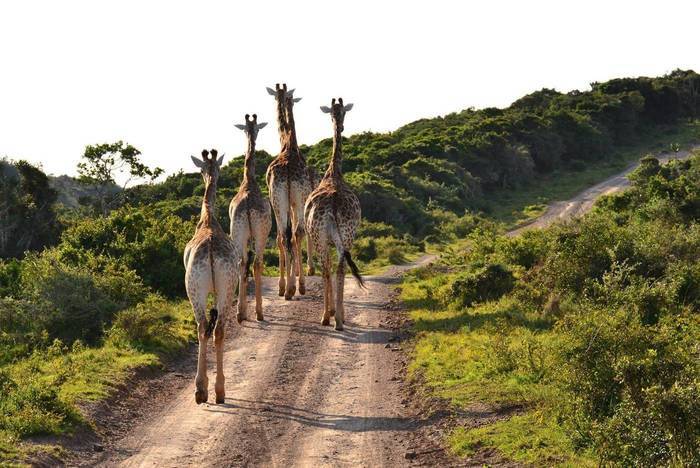
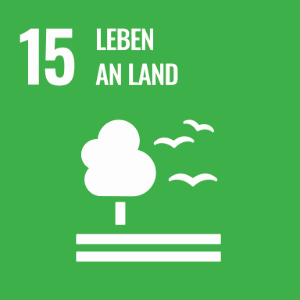
South Africa | wildlife

Thailand | wildlife
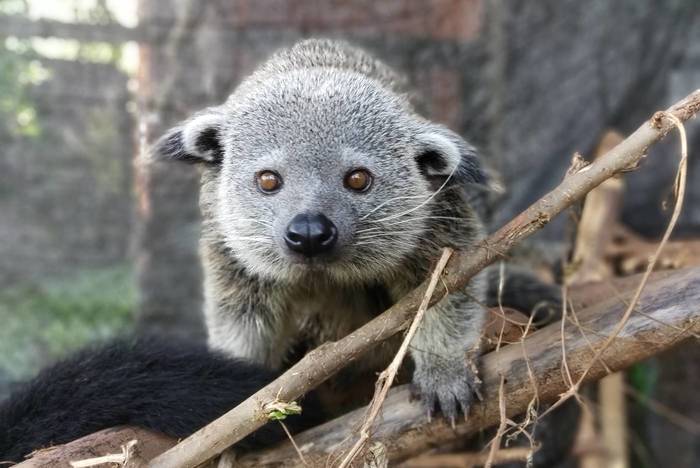

Bali & Indonesia | Wildlife
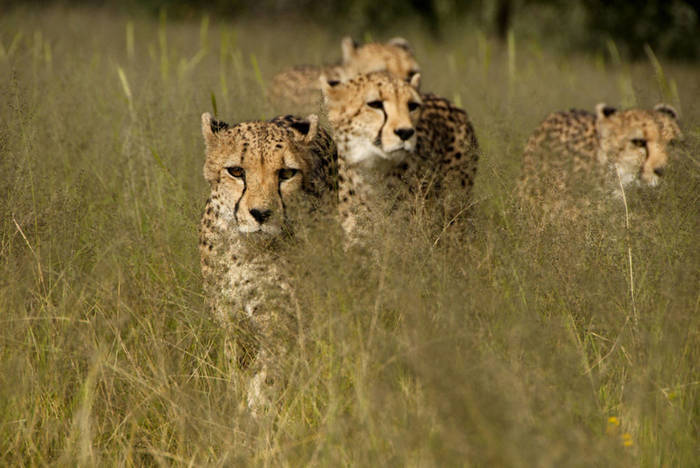

Namibia | big cats
